When you set about making a change in our life, it is important to understand how you respond to expectations.
In her book, Better than Before, Gretchen Rubin discusses how people tend to fall in to four distinct groups when responding to expectations, which she named the Four Tendencies.
The Four Tendencies
Rubin claims there are Four Tendencies: Upholder, Questioner, Obliger and Rebel. Knowing your dominant tendency can help you to better understand how you respond to both inner and outer expectations.
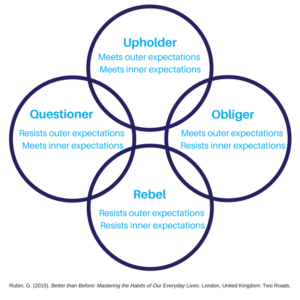
An outline of the Four Tendencies according to Rubin are –
Upholders – meet both inner and outer expectations. Wake up and think “What’s on the schedule and to-do list for today?” Upholders want to know what is expected of them and avoid making mistakes or letting people down. Are a small percentage of people, self-directed and need to know the rules.
Questioners – questions all expectations and will meet an expectation only if they believe it is justified. They wake up and think “What need to be done today and why?” Are motivated, by reason, logic and fairness. Can be challenged by analysis paralysis.
Obligers – respond to outer expectations, however can struggle with inner expectations. Wake up and think “What must I do today?” and are motivated by external accountability. They make great colleagues as they go to great lengths to meet external responsibilities. Can struggle to self-motivate and be susceptible to burnout (as they have trouble saying “no”). Often do things for others and not themselves.
Rebels – resist both inner and outer expectations. Rebels wake up and think “What do I want to do today?” Work toward their own goals and accomplish things on their own terms. Asking a rebel to do something can make them do the opposite. Very few people are rebels.
How Do You Respond to Expectations?
After reading the above descriptions, which tendency do you think you fall in to? If you would like to find out more, you can do the online quiz here.
When I took the quiz, I found out I was predominantly an Obliger.
As you can see above, Obligers readily respond to outer expectations, however struggle with inner ones. An Obliger can also find it challenging to form a habit, because we do things more easily for others than for ourselves. The key for Obligers to form habits is to create external accountability (which is why I have a coach!).
N.B. Even though I was predominantly an Obliger in the quiz, I know I can also be a Questioner, Rebel and Upholder in different situations, so it is important to note that human beings are far too complex to fit in to Four Tendencies as there are other aspects to take in to consideration (i.e. environment, beliefs, memories, personality etc.).
Questions for Reflection –
- Which tendency do you most align with?
- How can knowing your predominant tendency help you when you are creating change in your life?
Feel free to share your responses below. If you are ready to reclaim your courage and take the next step towards freedom and opening your heart, why not join our Toolkit?
Reference –
Rubin, G. (2015). Better than Before: Mastering the Habits of Our Everyday Lives. London, United Kingdom: Two Roads.
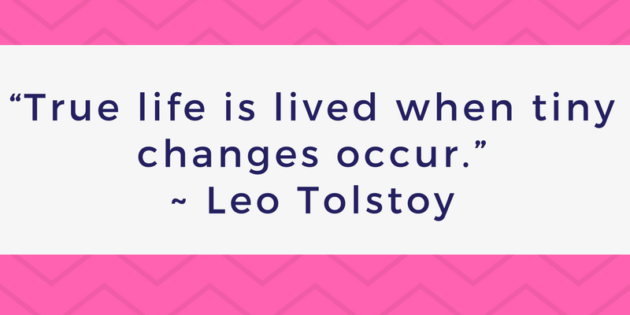




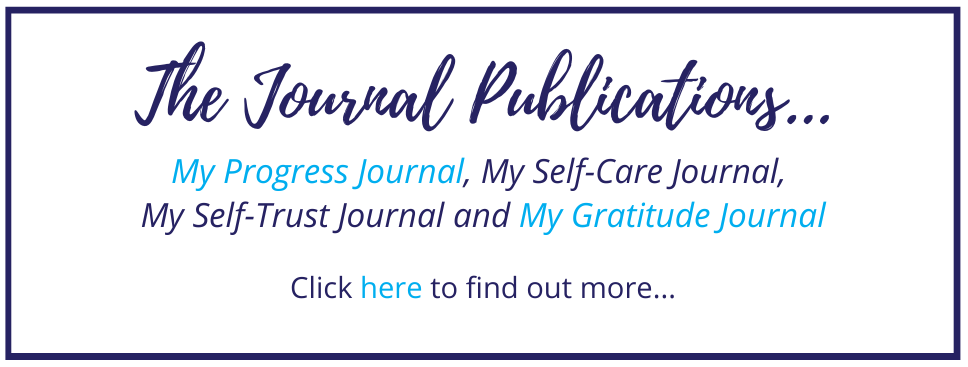

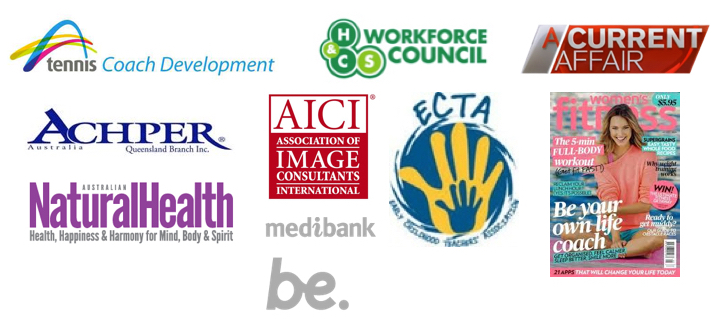
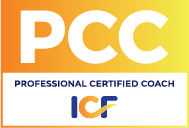
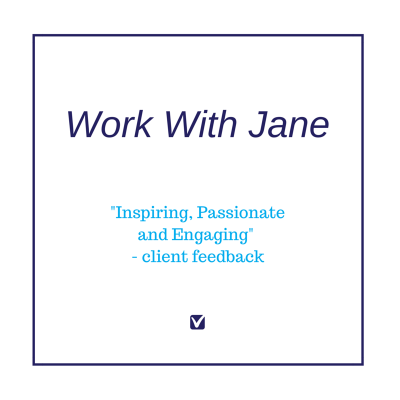





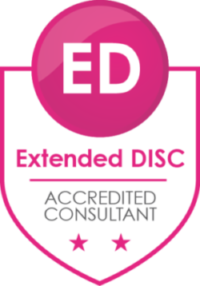

Leave A Response